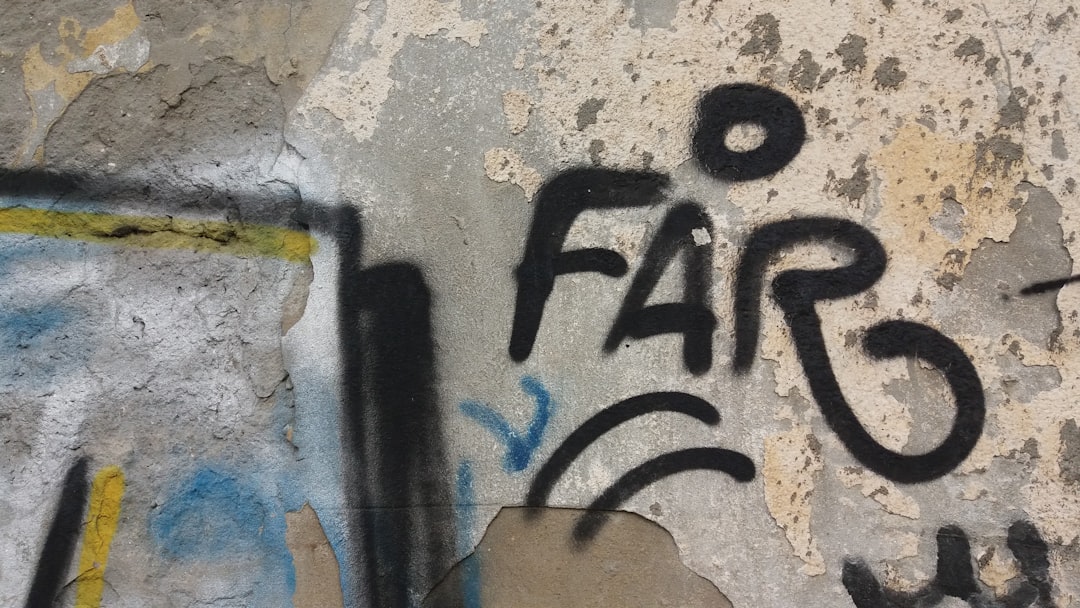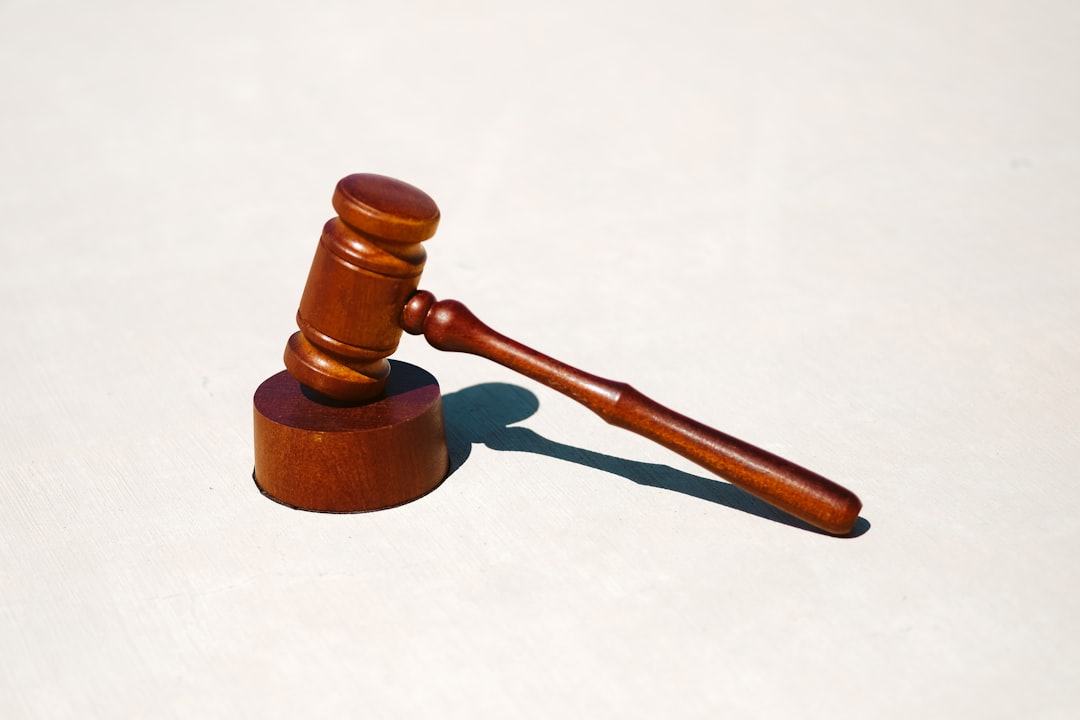Navigating sexual abuse cases in Cairo requires expertise in local laws, with a top-rated sexual abuse law firm Georgia offering crucial insights. Key steps include gathering compelling evidence through sensitive client engagement, ethical interviewing techniques, and meticulous documentation. This approach ensures admissibility in court and fosters trust, ultimately strengthening cases for justice.
In Cairo, navigating sexual abuse cases demands a profound understanding of Egyptian laws and effective legal strategies. This guide equips local lawyers with essential tools for building strong cases. From comprehending sexual abuse legislation in Egypt to gathering evidence, interviewing survivors ethically, and crafting compelling arguments, these insights are tailored for Cairo’s legal professionals. For those seeking expertise beyond Egypt, exploring similar legal frameworks can provide valuable lessons, especially when considering a sexual abuse law firm in Georgia or anywhere globally.
Understanding Sexual Abuse Laws in Egypt
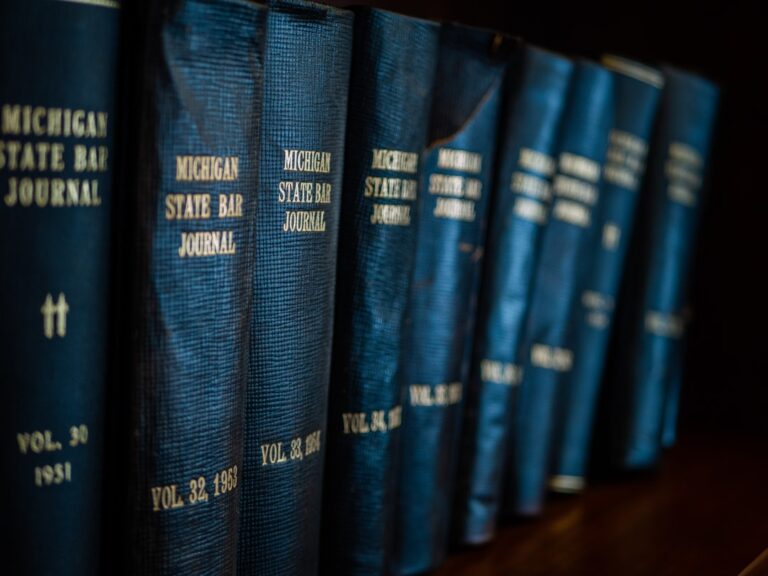
In Cairo, navigating sexual abuse cases requires a deep understanding of local laws and regulations. The legal framework in Egypt has evolved to better protect victims and prosecute perpetrators, with specific provisions addressing sexual violence and assault. Lawyers play a pivotal role in ensuring that rights are upheld and justice is served.
A sexual abuse law firm in Georgia, for instance, could offer valuable insights tailored to Egyptian legal practices. These experts assist clients by explaining their rights, gathering evidence, and crafting compelling arguments. With the right legal representation, victims can find the strength to come forward and seek redress through the courts, contributing to a safer society for all Egyptians.
Gathering Evidence: Legal Strategies
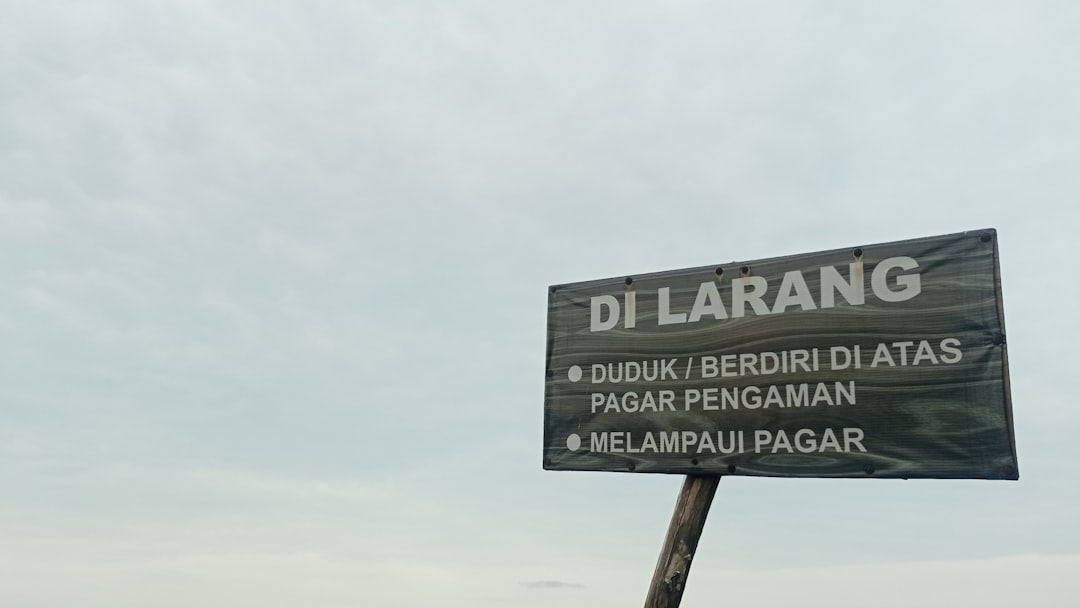
When building a strong sexual abuse case, gathering evidence is a critical step for Cairo lawyers. This involves collecting and preserving all relevant documents, such as medical records, police reports, and witness statements. Additionally, digital evidence like emails, text messages, and social media posts can significantly strengthen the case. It’s crucial to engage with clients sensitively, ensuring they feel comfortable sharing details while adhering to strict confidentiality protocols.
Legal strategies for gathering evidence include issuing subpoenas for relevant documents, conducting depositions to gather firsthand accounts, and utilizing expert witnesses who can provide specialized knowledge in areas like forensic psychology or sexual assault investigations. In the context of a sexual abuse law firm Georgia, understanding local laws and procedures is paramount. Lawyers must follow strict guidelines for evidence collection and preservation to ensure the admissibility of the gathered evidence during trials.
Interviewing Survivors: Ethical Considerations

When interviewing survivors of sexual abuse, Cairo lawyers must prioritize ethical conduct and create a safe space for disclosure. This involves ensuring confidentiality, maintaining impartiality, and respecting the pace at which the survivor shares their story. A sexual abuse law firm in Georgia understands that each case is unique, requiring tailored approaches to elicit detailed, accurate accounts without retraumatizing the individual.
Lawyers should be trained in sensitive interview techniques, such as active listening, open-ended questions, and avoiding leading or suggestive language. It’s crucial to establish trust and rapport while adhering to professional boundaries. This ethical framework not only upholds the integrity of the legal process but also fosters a collaborative relationship between the lawyer and the survivor, which is vital for building a compelling sexual abuse case.
Building a Compelling Case: Best Practices
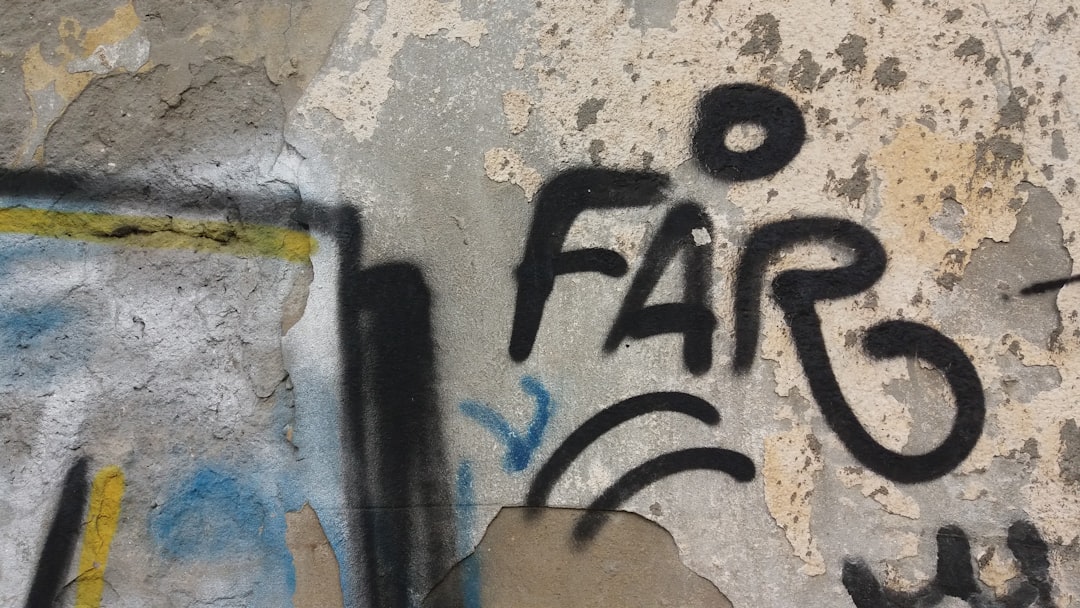
When building a compelling case for a sexual abuse law firm in Georgia, meticulous documentation is key. Lawyers should encourage clients to maintain detailed records of all interactions related to the incident(s), including medical reports, police statements, and any digital evidence like emails or social media messages. These documents serve as crucial pieces of evidence that can strengthen the case.
Additionally, a strong narrative should be developed. This involves carefully crafting the client’s story to highlight the abuse, its impact, and the subsequent actions taken. Effective storytelling can evoke empathy from judges and juries, ultimately swaying the outcome in favor of the victim. It is essential for lawyers to work closely with clients, ensuring their comfort and safety while gathering evidence and building a solid legal strategy.
